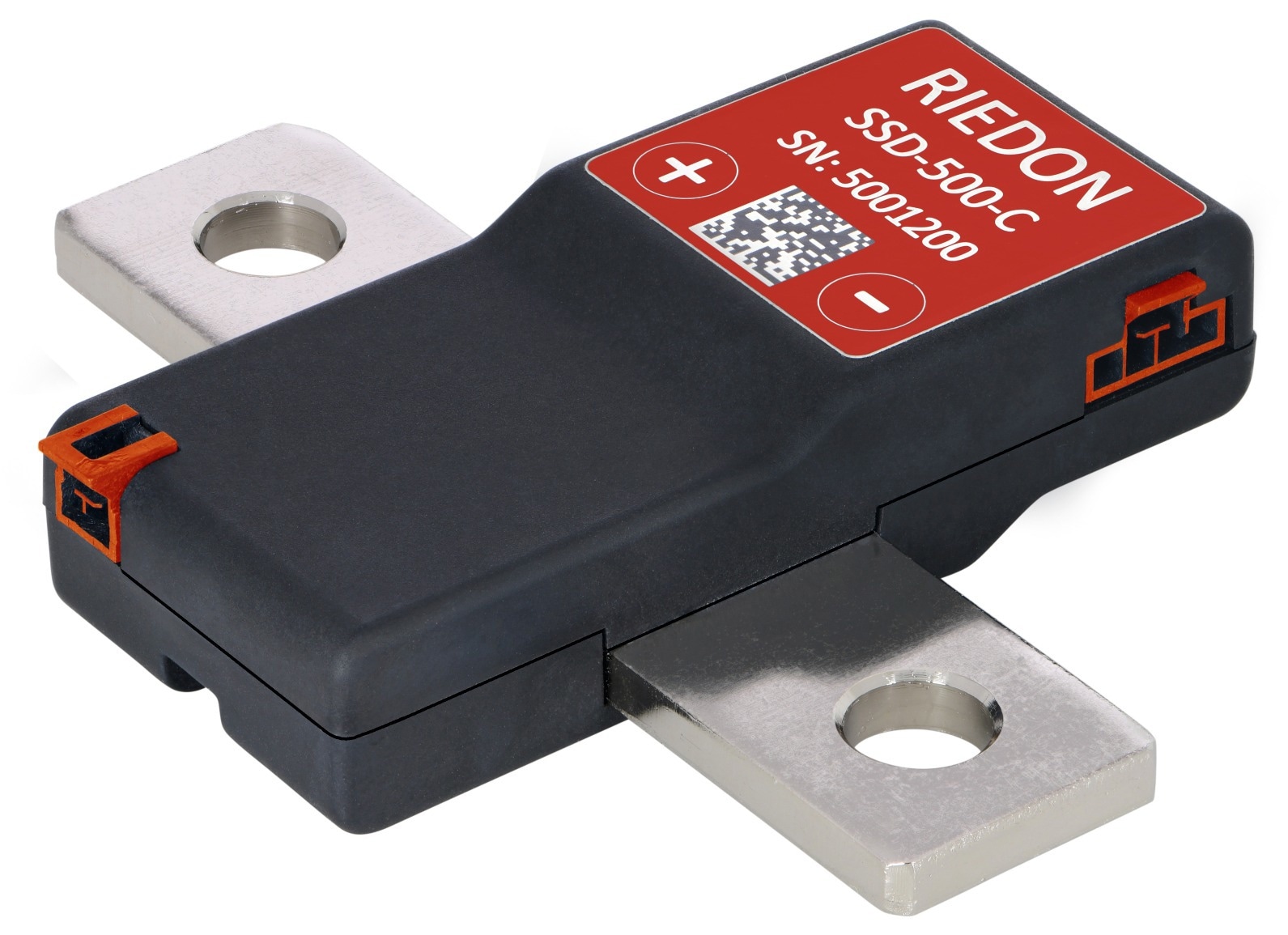Following the market traction achieved by its SSA Smart Shunt current sensor series, specialist power and precision resistor manufacturer Riedon Inc. has just announced another major product innovation.

Image Credit: Riedon Inc.
The new SSD Smart Shunt series consists of highly-integrated digital system-in-package (SiP) devices that can be used in a wide variety of battery-related current sensing applications. Each features a 16-bit automotive-grade microcontroller unit (MCU), a 24-bit ADC (with buffered analog Inputs) and a flash memory resource. This brings plug-and-play simplicity to current measurements, battery voltage monitoring and coulomb counting. Among the places where these devices will be utilized are large-scale energy storage banks, renewable energy generation infrastructure, industrial motor drives, building automation systems, EV charging stations, etc.
The original Smart Shunt devices, which were introduced in mid-2020, brought together the high amperage capabilities of conventional passive shunt resistors and the accuracy of closed-loop Hall Effect current sensors. They thereby present a unique combination of accuracy, stability and electrical isolation, while also eliminating the need for periodic calibration work. The new SSD Smart Shunt series now takes this even further - offering access to greater amounts of data, as well as making integration more straightforward.
The internal ADC converter helps to significantly simplify implementation - enabling customer engineering teams to quickly add high-accuracy current measurement into their latest designs or retrofit this function into existing ones. There are two models to choose from. The first is the RS485 serial interface, which can also be configured as MODBUS RTU. The second is a customizable CANbus model.
Riedon’s SSD Digital Smart Shunt devices have current sensing capabilities rated from 100A (2kA peak) to 1kA (20kA peak). They exhibit better than ±0.1% full-scale accuracy, and their full-scale linearity remains within a ±0.1% margin. The advanced non-linear temperature compensation mechanisms these sensors possess ensure that their accuracy is not affected by external temperature fluctuations.
Long-term stability is another key attribute of the SSD Smart Shunt series, with less than ±0.1% deviation during 1000 hours of operation (at 60°C terminal temperature). A - 40 °C to +115 °C (ambient) operational temperature range allows these devices to be used in harsher environments than other current sensing products. The built-in flash memory has error correction code (ECC) and autocorrect on single bit errors.
These sensors are housed in packages with footprints of just 68.8mm x 80mm and have extremely low profiles (going down to 16.4mm). They are far smaller than equivalent current transducers on the market for the rated voltages offered.
“With our initial Smart Shunt current sensors proving so popular across multiple industry sectors, the new series is set to further build on this success,” states Phil Ebbert, VP of Engineering at Riedon Inc. “Customers have really valued the exceptional attributes these devices deliver in terms of accuracy, stability, non-intrusiveness, robustness, cost-effectiveness, minimal temperature drift, etc. By drawing on their feedback, we have been able to take evolutionary steps that will make Smart Shunt applicable to a much wider audience.”
Accessories for the SSD include:
- A serial connection kit which facilitates initial sensor setup and enables the CANbus and RS485 interfaces to connect with USB.
- A pre-made 1 meter cable and connector to allow for ease of installation, without special crimping tools.
- An isolated base that facilitates mounting.
Riedon’s Smart Shunt portfolio is supplied through its distribution partner Digi-Key.
You can find out more about these current sensors at: www.shunts.com